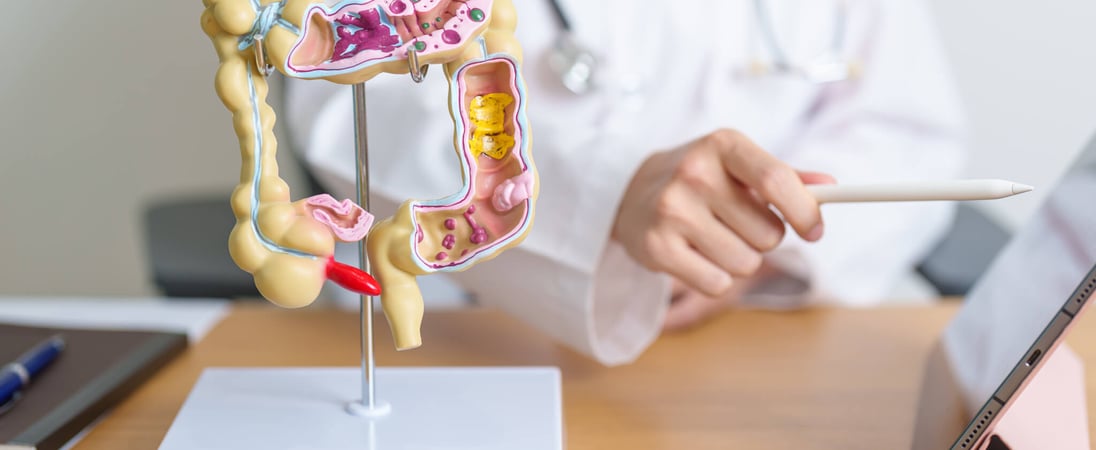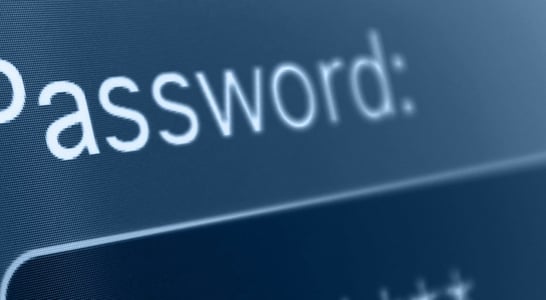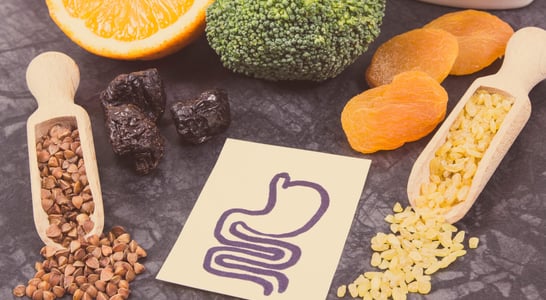
Celiac Awareness Month
Celiac Awareness Month aims to raise much-needed awareness and understanding of a very common but often unheard-of serious autoimmune disease.
Celiac Disease (CD) causes damage to the small intestine after eating foods that contain a protein called gluten. This important awareness month brings people together to share knowledge about CD.
But it also brings support and explains the challenges of those who must live with it.
How to Celebrate Celiac Awareness Month
Read on for several easy ways to participate in spreading the word during Coeliac Awareness Month.
Attend Educational Events During Celiac Awareness Month
Some local activities ranging from expert-led seminars on the latest research in treatment options to interactive webinars sharing hacks to make life a little easier while leading a gluten-free lifestyle.
Donate Money to a Local Celiac Disease Support Group
In most CD support groups, the local Celiac community finds tremendous support. This space becomes the community ground for exchanging personal experiences and methods of dealing with situations, creating a supportive atmosphere.
These activities become key, for they actually tend to demystify the disease and offer more understanding among patients, caregivers, and members of the public.
Spread Awareness About the Autoimmune Disorder
They say that education is the best weapon. It is the best way to help people best understand Celiac Disease. Posting educational articles, infographics, and personal stories is a way of educating more people on the symptoms, challenges, and misunderstandings with the disease.
More awareness and the involvement of friends and family would help amplify the issues those with Celiac Disease experience every day. Through encouragement, the community would stay even more informed and empathetic in supporting those affected.
Support Celiac Disease Research
Your donation to a research organization goes incredibly far toward funding important studies into the cause, diagnosis, and treatment of coeliac disease. By offering your support, you may contribute to pioneering research, such as developing new diagnostic tools or potential therapeutic interventions.
Without individual financial contribution, this would become a possible opportunity to find an innovative solution that might improve the lives of millions suffering from the disease.
Try Your Hand at Gluten-Free Cooking
Gluten-free cooking classes can offer an enjoyable way for people who want to stick to coeliac-friendly diets to experience many different types of cuisine. Classes can be very small and feature nothing more than instruction on cooking by a professional gluten-free chef, or they can be quite large house parties where everyone brings their favorite gluten-free dish.
Learning to cook delicious gluten-free meals allows you to reduce the feeling of dietary restriction and puts an emphasis on the variety and flavor found in gluten-free eating.
Support Gluten-Free Food Vendors
Patronize local bakeries and restaurants with a clear conscience to ensure safe eating for people with coeliac disease and promote inclusive dining practices. These food vendors and service places often take cutting-edge approaches to cooking, proving that food prepared without gluten can be every bit as flavorful and varied as traditional counterparts.
This support also raises the profile of a community’s dietary needs, thus helping people dine out without barriers.
History of Celiac Disease Awareness Month
Gaining a better understanding of the history behind Celiac Awareness Month provides insight into the growing knowledge and attitude toward the condition and how long it was not discovered. It was a revolution in the history of autoimmune diseases and dietary health.
Celiac Disease is a rather uncomfortable autoimmune disorder of the human body. In someone with this condition, gluten consumption can damage the small intestine on a large scale.
That happens as part of an immune response to gluten, which attacks the small intestine. This damage leads to damage to the villi, small finger-like projections that promote nutrient absorption. Such damage may result in diverse symptoms such as malnutrition, digestive complications, and other secondary issues.
The condition was first identified in the 1st century AD by Greek physician Aretaeus of Cappadocia. Only in the 20th century could the Dutch pediatrician Dr. Willem Karel Dicke associate wheat consumption with the disease during the Dutch famine of 1944.
Yet, much remains to be done to understand and treat this. Future development pertains to the therapy mentioned above, the development of treatments other than gluten-free diets, the betterment of diagnostic methods, and better insight into the genetic and environmental factors of the pathogenesis of the disease.
Celiac Awareness Month has a rich history that dates all the way back to the 1980s, when it was first celebrated in the autumn. In 2008, the event seems to have been moved to the month of May where it continues today. This month is a solemn reminder of the journey from the shadows of obscurity to the limelight of coherent understanding. It champions the need for awareness, research, better diagnosis, and effective disease management and more!
Also in ...
View all holidaysWorld Password Day
Protect your privacy and self by taking some time to update your passwords. Avoid pet or family names, important dates, and other identifying information.
National Purebred Dog Day
Many purebred dogs offer invaluable services to mankind, from sheepherding to hunting to guarding and search-and-rescue, so give some love to purebreds.
School Principals’ Day
Organize an event or write a card to show your appreciation for the educators that run our schools. School principals work hard to make kids’ lives and educations better.
We think you may also like...
World Digestive Health Day
Maintaining a balanced diet and staying hydrated are key to ensuring optimal function and overall well-being.








